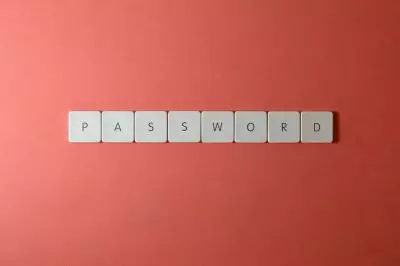For many years, the primary method of two factor authentication for online accounts has been via text message. You provide your mobile number, then you get a code sent to your phone that you input so that even if someone knows your password, they still can't access your account. Google is the latest company to begin to actively move people away from that approach for security reasons.









